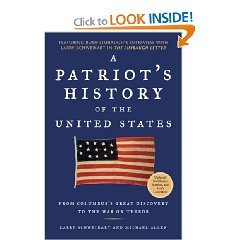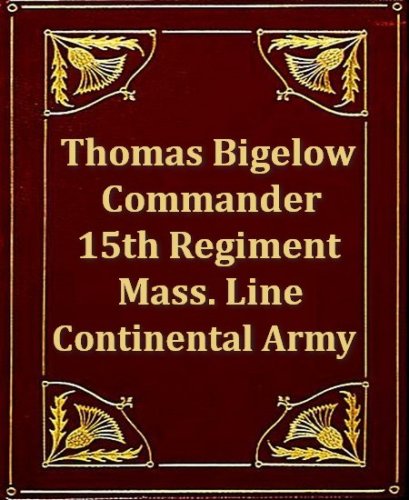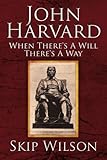!1: Now is the time Reminiscences of the Military Life and Sufferings of Col. Timothy Bigelow; Commander, 15th Regiment, Massachusetts Line Order Today!
Nice Design by :
Over All Rating Reviews :
 Great Deal :
Date Created :
Great Deal :
Date Created :
Sep 27, 2010 17:42:22

Formatted for the Kindle. Linked Contents and footnotes.
CONTENTS
A MONUMENT TO COL. BIGELOW.
EARLY EFFORTS FOR LIBERTY.
THE MINUTE MEN.
MAJOR BIGELOW A PRISONER.
IN PENNSYLVANIA.
AT VALLEY FORGE.
THE BATTLE OF MONMOUTH.
THE SLAUGHTER AT WYOMING.
SCOUTING.
DISASTERS AT THE SOUTH.
BATTLE AT YORKTOWN.
CLOSE OF THE REVOLUTION.
Excerpt:
EARLY EFFORTS FOR LIBERTY.
The name of Timothy Bigelow stands conspicuous in the history of Worcester. As early as 1773, we find him on a committee with Wm. Young, David Bancroft, Samuel Curtis, and Stephen Salisbury, to report upon the grievances under which the province labored, and also upon what was then called the "Boston Pamphlet," which had been introduced at the town meeting in March. The writer of this article thinks that this "Boston Pamphlet" was John Hancock's oration in commemoration of the "Bloody Massacre" of the 5th of March, 1770. At the adjourned meeting, in May following, this committee made an elaborate report, recommending a committee of correspondence. The town adopted the report, and elected as the committee, Wm. Young, Timothy Bigelow, and John Smith. In December following, the leading whigs of the town assembled and formed a society, which afterwards took the name of the American Political Society, and Nathan Baldwin, Samuel Curtis, and Timothy Bigelow, were chosen a committee to report a constitution. This society, with Timothy Bigelow for a leader, did good service to the town and to the country. Their last and most powerful blow was struck in town meeting, 7th of March, 1774, when the society presented a long preamble and resolutions, which were considered by the royalists to be treasonable and revolutionary. "When these resolutions were read," said an eye-witness of the scene to the writer, "fear, anxiety and awful suspense, sat upon the countenance of every man of the whig party except Timothy Bigelow, the blacksmith; while the tories were pale with rage." After a few moments, James Putnam, the leader of the tories, arose. Putnam was said to be "the best lawyer in North America. His arguments were marked by strong and clear reasoning, logical precision and arrangement, and that sound judgment whose conclusions were presented so forcibly as to command assent." He made such a speech against the resolutions as had never before been heard in Worcester; and when he sat down, the same informant said that "not a man of the whig party thought a single word could be said, — that old Putnam, the tory, had wiped them all out." Timothy Bigelow at length arose, without learning, without practice in public speaking, without wealth, — the tories of Worcester had, at that day, most of the wealth and learning, — but there he stood upon the floor of the Old South Church, met the Goliath of the day, and vanquished him. The governor of Massachusetts Bay, and the crown and parliament of Great Britain, were brought to feel the effect of his sling and stone. Suffice it to say, the resolutions were carried triumphantly. This was the first grand public effort made by Col. Timothy Bigelow, in his part of the great drama of the American revolution. ...














